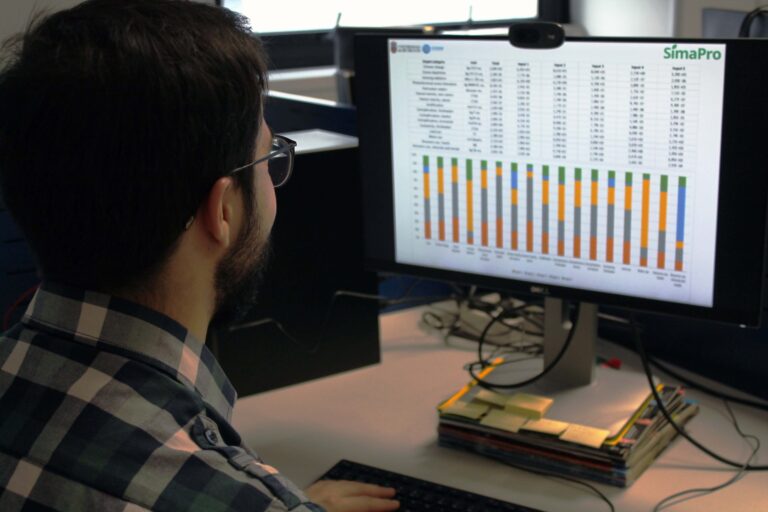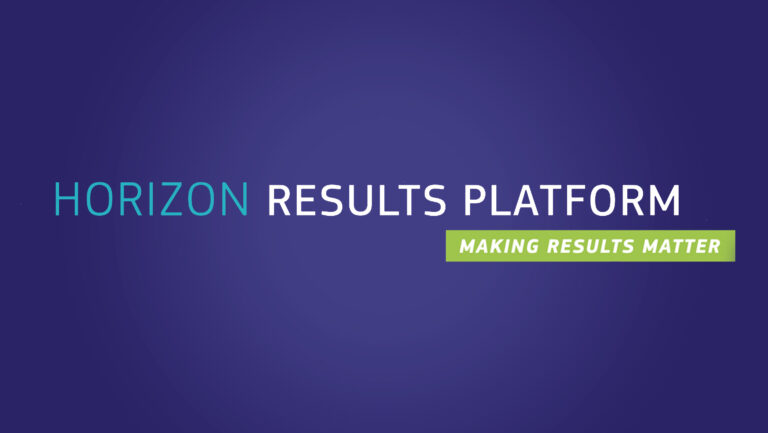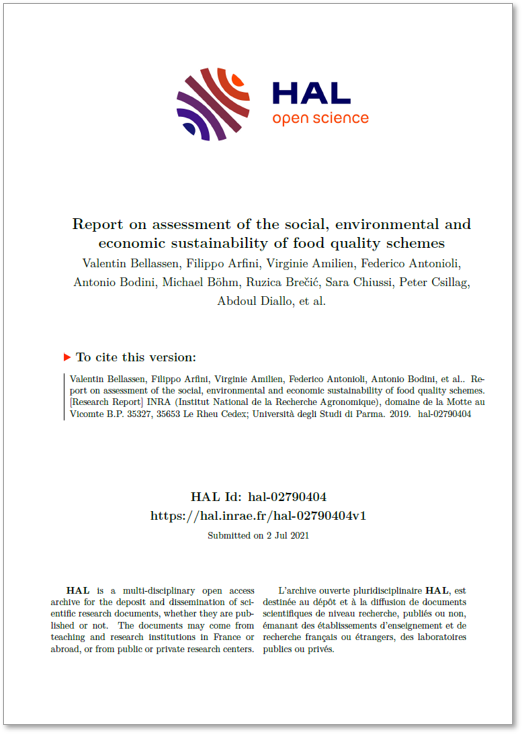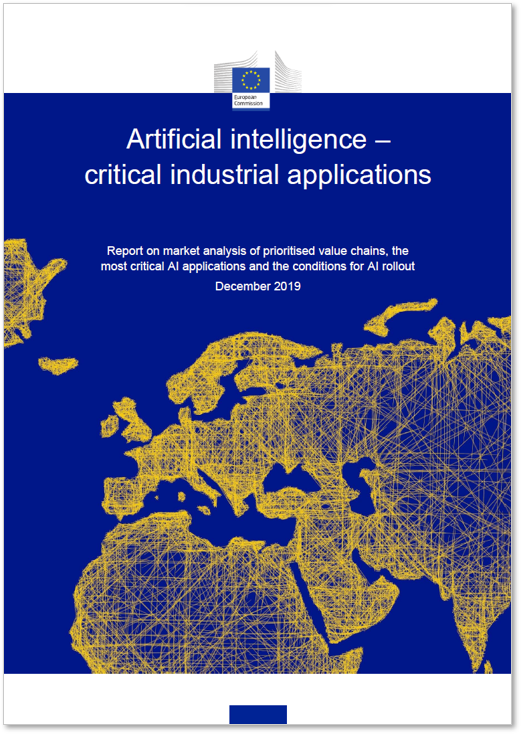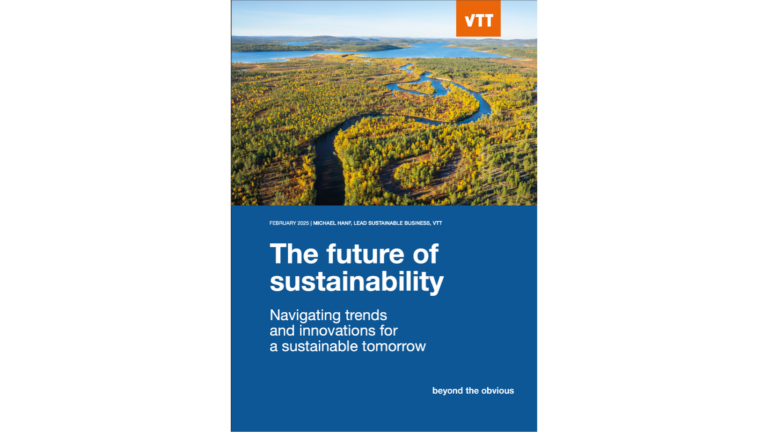Add to favorites:
Share:
Projects should contribute to at least three out of the four expected outcomes:
- Deepen the understanding available to policy makers, employers, trade unions and other stakeholders regarding the impacts and implementation of the working time reduction, including its implications on social, economic or environmental outcomes in the society.
- Provide policymakers with recommendations on the feasibility of implementing working time reduction across all types of economic activity and occupations while promoting positive macroeconomic outcomes;
- Provide relevant stakeholders (e.g. social partners, SMEs, large companies and public authorities) with recommendations and data on the enablers and barriers to successful implementation of working time reduction, including at employer and employee level.
- Improved understanding of the potential of working time reduction to increase employment and inclusion in the labour market by activating underrepresented groups, including women, the elderly, workers with disabilities and others.
Reduction of the working time, understood as a coordinated reduction in weekly working hours concentrated into an extra free day per week without a corresponding decrease in pay, has existed in the economic debate for more than a century, yet much of its potential impact on economic, social, and environmental aspects remains unexplored.
Recently, various initiatives at national, company, and sectoral levels have been launched to test the employment and societal outcomes of these reduced working arrangements. Past experiences generally show some positive evidence on workers’ well-being and wages, with marginal impacts on employment levels, but mixed outcomes regarding productivity. Yet, understanding the feasibility of working time reduction across different sectors and occupations is key to assessing its impacts on inequality, societal fairness, and overall economic growth. Moreover, the gender perspective and impacts on workforce inclusion in the working time reduction context is an area that is yet to be thoroughly understood. There is a wide range of environmental outcomes from working time reduction to be also considered, including energy costs and savings, energy poverty, and consumption patterns.
More insights are needed to understand the full battery of enablers, barriers, benefits, challenges, and policy implications arising from implementation of working time reduction, including at organisational level, across a diverse variety of sectors.
While feeding into the expected outcomes, the research project should assess the impacts of working time reduction along at least two out of the three axes: economic, social, and environmental.
These may include but are not limited to the following channels:
- Social impacts on workers, including well-being at the workplace, health outcomes (including stress levels), work-life balance, gendered employment outcomes, labour market inclusion;
- Economic impacts, including effects on productivity, employment, economic growth, hiring and staff retention, absenteeism, firm costs, overall economic demand, innovation;
- Environmental impacts, including on energy expenditures and savings, energy poverty, emission reduction, consumption patterns, sustainable lifestyles.
Applicants are encouraged to employ a variety of SSH research methods, including quantitative micro-economic analysis or behavioural and other experimental research methods.
Proposers may consider the data offered by European Research Infrastructures in the social sciences domain[1].
Where applicable, proposals should leverage the data and services available through European Research Infrastructures federated under the European Open Science Cloud, as well as data from relevant Data Spaces. Particular efforts should be made to ensure that the data produced in the context of this topic is FAIR (Findable, Accessible, Interoperable and Re-usable).
[1] ri-portfolio.esfri.eu/ri-portfolio/table/
Expected Outcome
Projects should contribute to at least three out of the four expected outcomes:
- Deepen the understanding available to policy makers, employers, trade unions and other stakeholders regarding the impacts and implementation of the working time reduction, including its implications on social, economic or environmental outcomes in the society.
- Provide policymakers with recommendations on the feasibility of implementing working time reduction across all types of economic activity and occupations while promoting positive macroeconomic outcomes;
- Provide relevant stakeholders (e.g. social partners, SMEs, large companies and public authorities) with recommendations and data on the enablers and barriers to successful implementation of working time reduction, including at employer and employee level.
- Improved understanding of the potential of working time reduction to increase employment and inclusion in the labour market by activating underrepresented groups, including women, the elderly, workers with disabilities and others.
Scope
Reduction of the working time, understood as a coordinated reduction in weekly working hours concentrated into an extra free day per week without a corresponding decrease in pay, has existed in the economic debate for more than a century, yet much of its potential impact on economic, social, and environmental aspects remains unexplored.
Recently, various initiatives at national, company, and sectoral levels have been launched to test the employment and societal outcomes of these reduced working arrangements. Past experiences generally show some positive evidence on workers’ well-being and wages, with marginal impacts on employment levels, but mixed outcomes regarding productivity. Yet, understanding the feasibility of working time reduction across different sectors and occupations is key to assessing its impacts on inequality, societal fairness, and overall economic growth. Moreover, the gender perspective and impacts on workforce inclusion in the working time reduction context is an area that is yet to be thoroughly understood. There is a wide range of environmental outcomes from working time reduction to be also considered, including energy costs and savings, energy poverty, and consumption patterns.
More insights are needed to understand the full battery of enablers, barriers, benefits, challenges, and policy implications arising from implementation of working time reduction, including at organisational level, across a diverse variety of sectors.
While feeding into the expected outcomes, the research project should assess the impacts of working time reduction along at least two out of the three axes: economic, social, and environmental.
These may include but are not limited to the following channels:
- Social impacts on workers, including well-being at the workplace, health outcomes (including stress levels), work-life balance, gendered employment outcomes, labour market inclusion;
- Economic impacts, including effects on productivity, employment, economic growth, hiring and staff retention, absenteeism, firm costs, overall economic demand, innovation;
- Environmental impacts, including on energy expenditures and savings, energy poverty, emission reduction, consumption patterns, sustainable lifestyles.
Applicants are encouraged to employ a variety of SSH research methods, including quantitative micro-economic analysis or behavioural and other experimental research methods.
Proposers may consider the data offered by European Research Infrastructures in the social sciences domain[1].
Where applicable, proposals should leverage the data and services available through European Research Infrastructures federated under the European Open Science Cloud, as well as data from relevant Data Spaces. Particular efforts should be made to ensure that the data produced in the context of this topic is FAIR (Findable, Accessible, Interoperable and Re-usable).
[1] ri-portfolio.esfri.eu/ri-portfolio/table/
Partner Requests
Explore Real Collaboration Opportunities
🔍 As a logged-in member, you now have exclusive access to all active Partner Requests for this Funding Call.
See who’s looking for collaborators, explore exciting project ideas, and discover how others are planning to make an impact.
💡 Use these insights to get inspired—or take the next step and start a request of your own (3 entries for free).
Log in or registrate here for free.
You must be logged in to submit or manage a partner request.
Ask our experts about this call
Connect with the Listing Owner!
💬 Please log in now to send a direct message to our experts and ask your questions. Not a member yet? Sign up for free and start connecting today!
Related Funding and Finance Opportunities
Unlock Exclusive Funding Opportunities!
🔑 Get instant access to tailored funding opportunities that perfectly match your needs. This powerful feature is exclusively available to our premium members—helping you save time, stay ahead of the competition, and secure the right funding faster.
Upgrade to Premium now and never miss an important opportunity again! Already a premium member? Log in here to explore your matches.
Related Innovation Offers
Related Knowledgebase Resources
Discover More with Premium: Related Knowledge Resources
🔒 You’re missing out on expert-curated knowledge specifically matched to this topic. As a Premium member, you gain exclusive access to in-depth articles, guides, and insights that help you make smarter decisions, faster.
Whether you’re preparing a funding proposal, researching a new market, or just need reliable information—our Premium knowledge matches save you hours of research and point you directly to what matters.
Upgrade to Premium now and instantly unlock relevant knowledge tailored to your needs! Already a member? Log in here to view your personalized content.
































